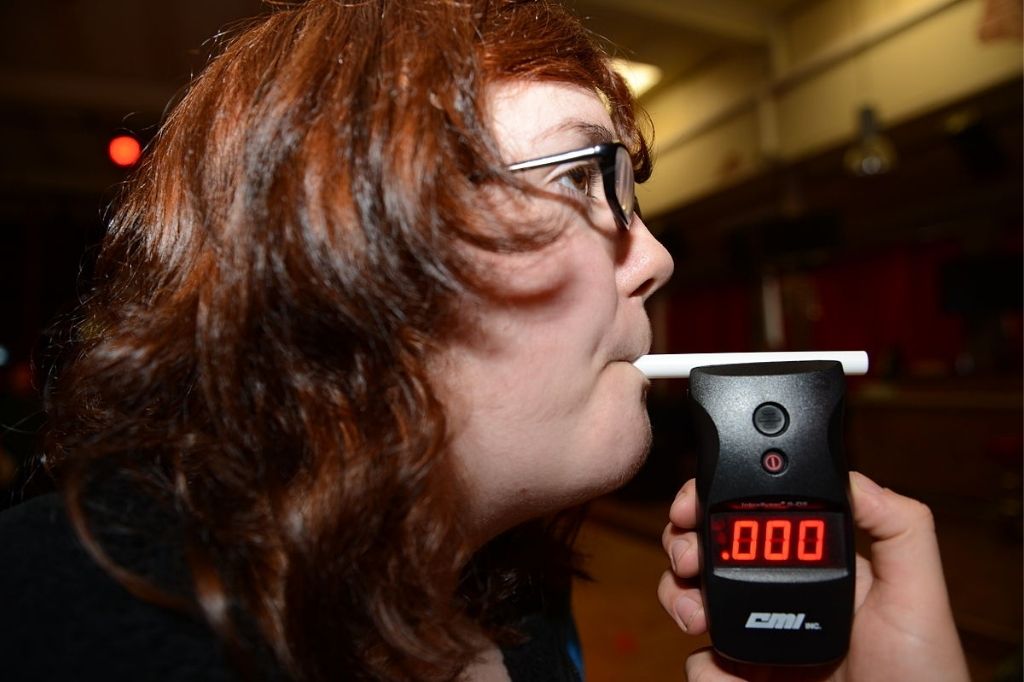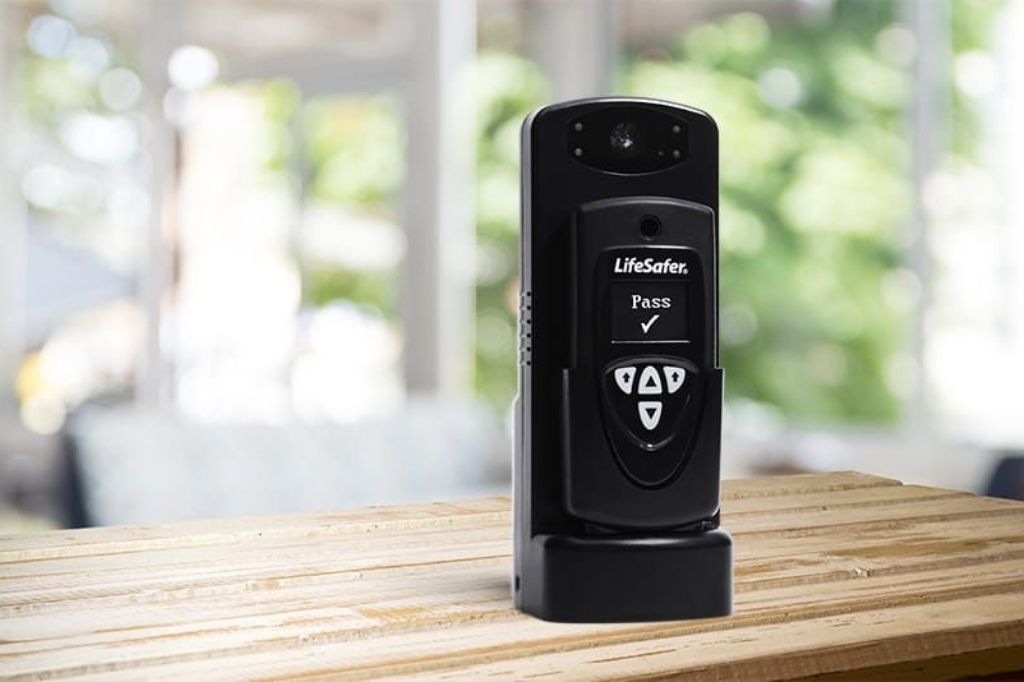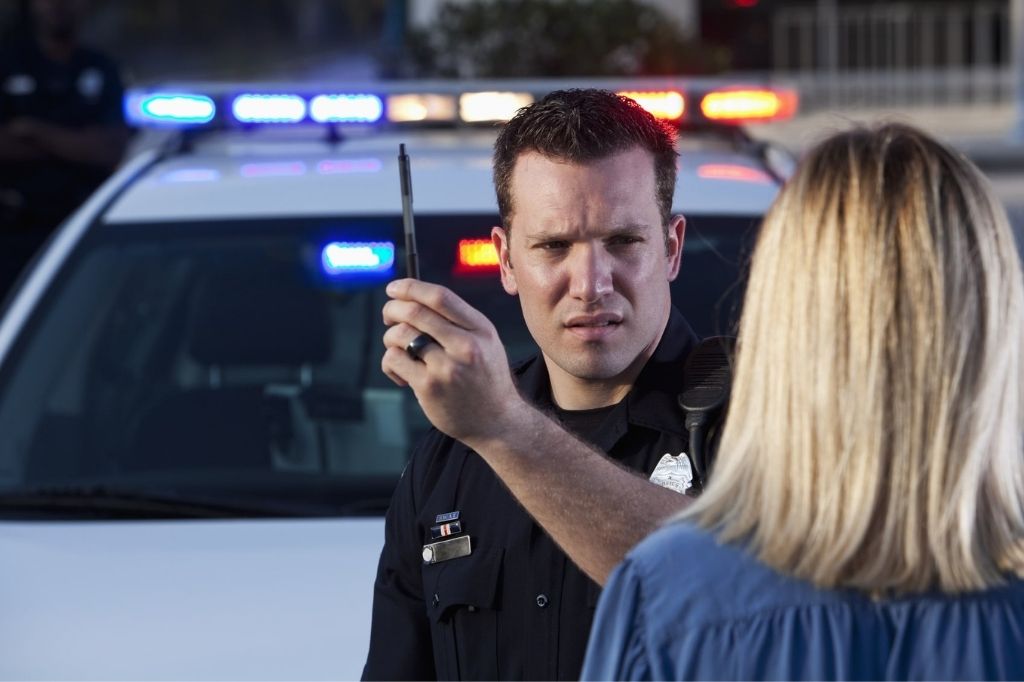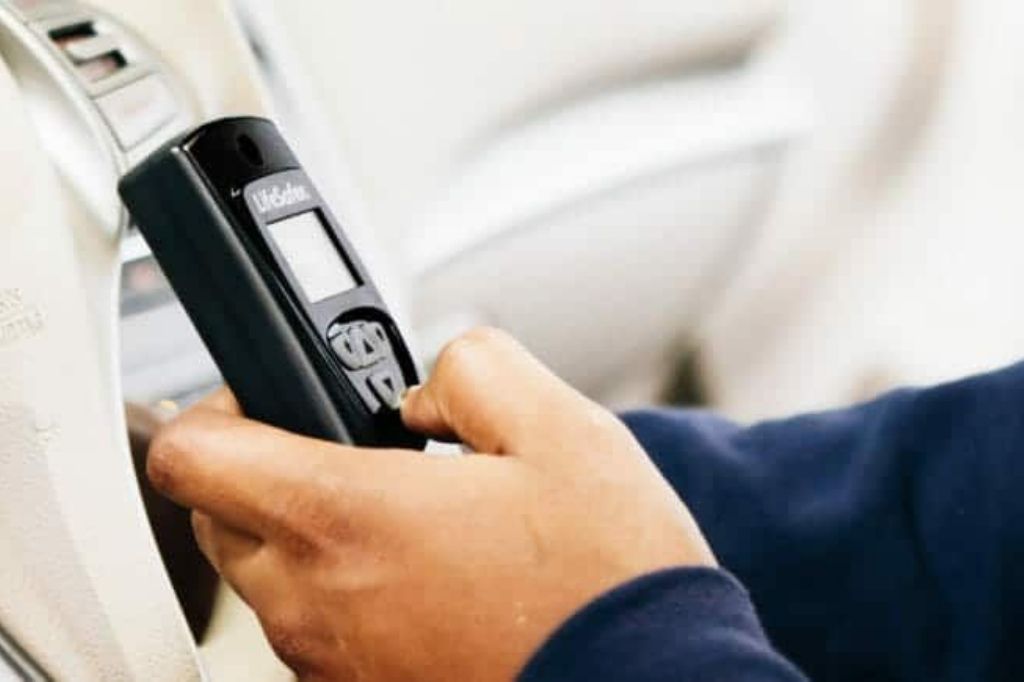We all know that driving after alcohol consumption can have both legal and vital consequences. However, there is one detail that many of us overlook: Can body weight have an impact on alcohol meter results? At this point, the question **Does weight affect the breathalyzer** comes into play. This issue is both exciting and important enough to directly affect the lives of drivers. Now, get ready to discover the answer to this question in all its details!
The Relationship Between Weight Deciency and Alcohol Metabolism
How does the human body process alcohol? The answer to this question largely depends on a person’s metabolism. **Body weight** comes into play as an important factor here. Since higher weight individuals have more water in their body, alcohol is distributed over a wider area. This, in turn, could theoretically lead to a lower measurement of alcohol concentration.
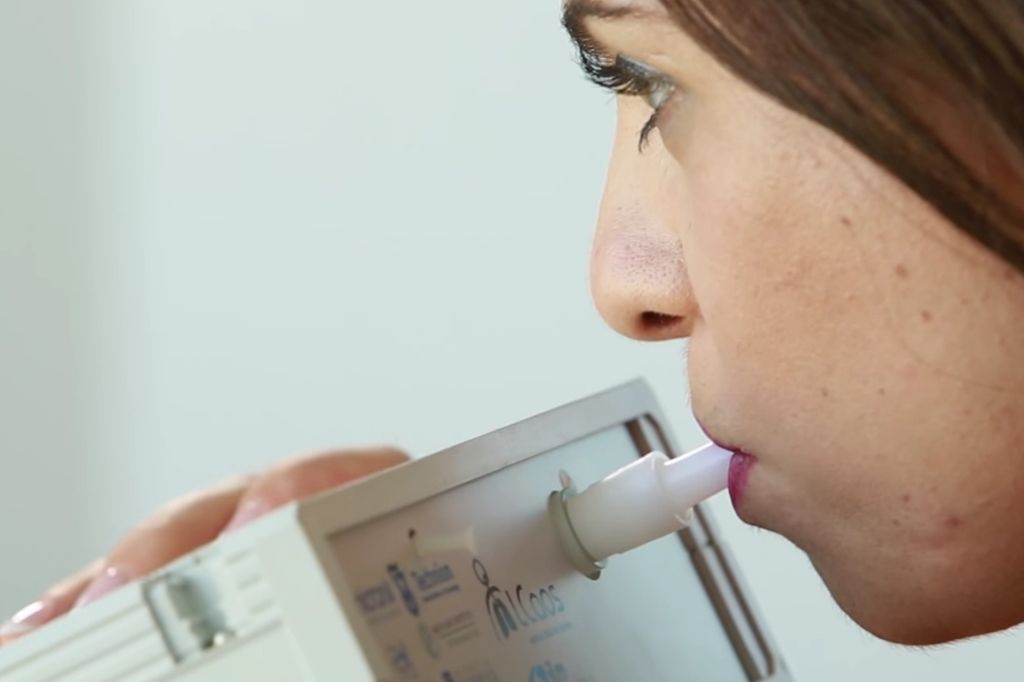
For example, a glass of alcohol drunk by an individual weighing 60 pounds can create a higher blood alcohol level than the same amount of alcohol drunk by an individual weighing 100 pounds. Because alcohol is found more intensively in a smaller volume. However, this is not an exact rule, and the effects of alcohol on the body can vary individually.
On the other hand, body weight is only one factor. **Other variables such as metabolic rate, gender, age and general health status** also affect how soon alcohol is processed in the body. However, the effect of weight comes across Decently as a fact that cannot be ignored.
How Do Alcohol Meters Work?
An alcohol meter is a device that measures the concentration of alcohol in the blood and usually works through breathing. However, **the accuracy of the measurements taken** depends on various factors. Weight is also one of these factors. What an alcohol meter measures is actually an indicator of the level of alcohol in the blood, and this value may vary depending on weight.
The alcohol meter detects ethanol molecules present in the breath and converts them into an electrical signal. This signal is then interpreted as the level of alcohol in the blood. At this point, the **breath sample**determines how accurately the blood alcohol level will be reflected. The blood alcohol level of individuals with a large body volume can affect the amount of alcohol present in their breath.
In addition, the accuracy of the alcohol meter can also vary depending on the calibration of the device, the way the user is breathing, and even recently consumed foods. However, this does not mean that weight has no effect. In fact, quite the opposite: **Weight is an important cause of variations in measurements**.
Weight Differences and Legal Consequences
So, what does this information mean in legal terms? If an individual’s weight makes a difference in the results of an alcohol meter, how valid can this be in a court of law or traffic control? **The legal system** usually accepts alcohol meter results as a definitive criterion. However, given variables such as the effect of weight, it may become controversial that these measurements are absolutely accurate.
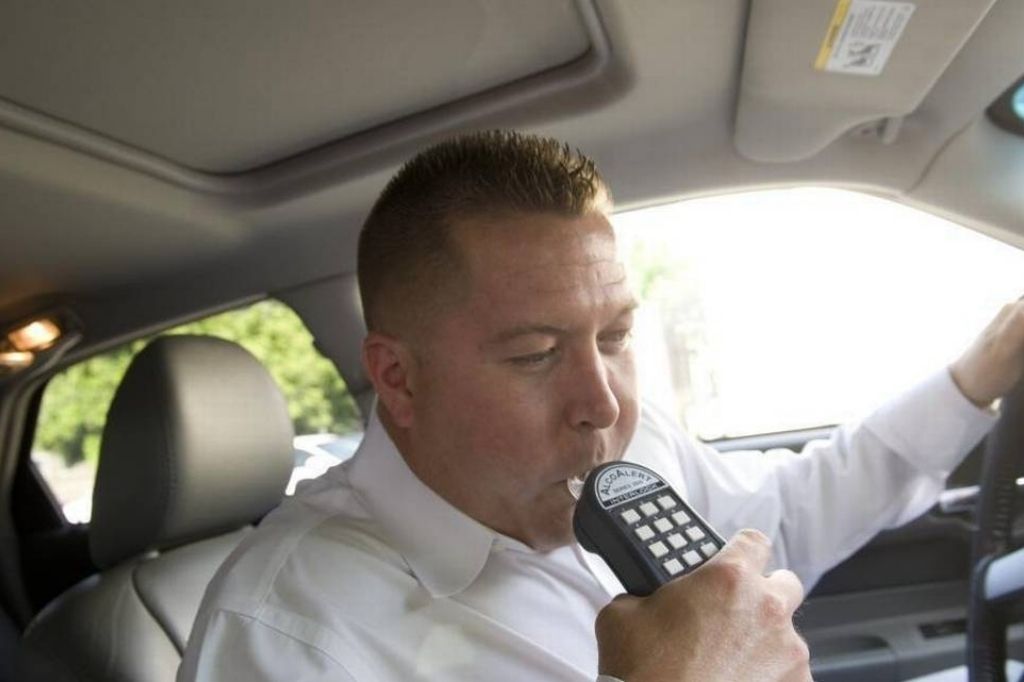
For example, the measurement result of a driver weighing 50 kilograms may exceed the legal limit, while a driver weighing 90 kilograms who consumes the same amount of alcohol may remain under the limit. This is a situation that can create controversy. Judges and lawyers usually refer to **scientific reports and expert opinions** in such cases.
However, it is important that drivers do not take risks by relying on such details. Regardless of your weight, driving after drinking alcohol poses a great danger to both yourself and your environment. **The safest approach** is to completely avoid driving after drinking alcohol.
Conclusion: Does Weight Have an Effect on the Alcohol Meter?
In light of all this information, we can give a clear answer to the question **Does weight affect the breathalyzer**: Yes, weight can affect the results of the alcohol meter. However, this does not mean that you can completely eliminate the effect of alcohol. Weight is only one factor, and it can mitigate the overall effect of alcohol on the body, but not completely eliminate it.
Therefore, instead of acting by relying on the alcohol meter, it is the most correct option not to drive after alcohol consumption. **For everyone’s safety** Compliance with this rule is of great importance both ethically and legally.
Remember, it can be misleading to think that your body weight will protect you when drinking alcohol. Although your weight may have an impact on the results of the alcohol meter, this impact cannot protect you from legal consequences. Therefore, it will be in everyone’s best interest to always act consciously and responsibly in traffic.

